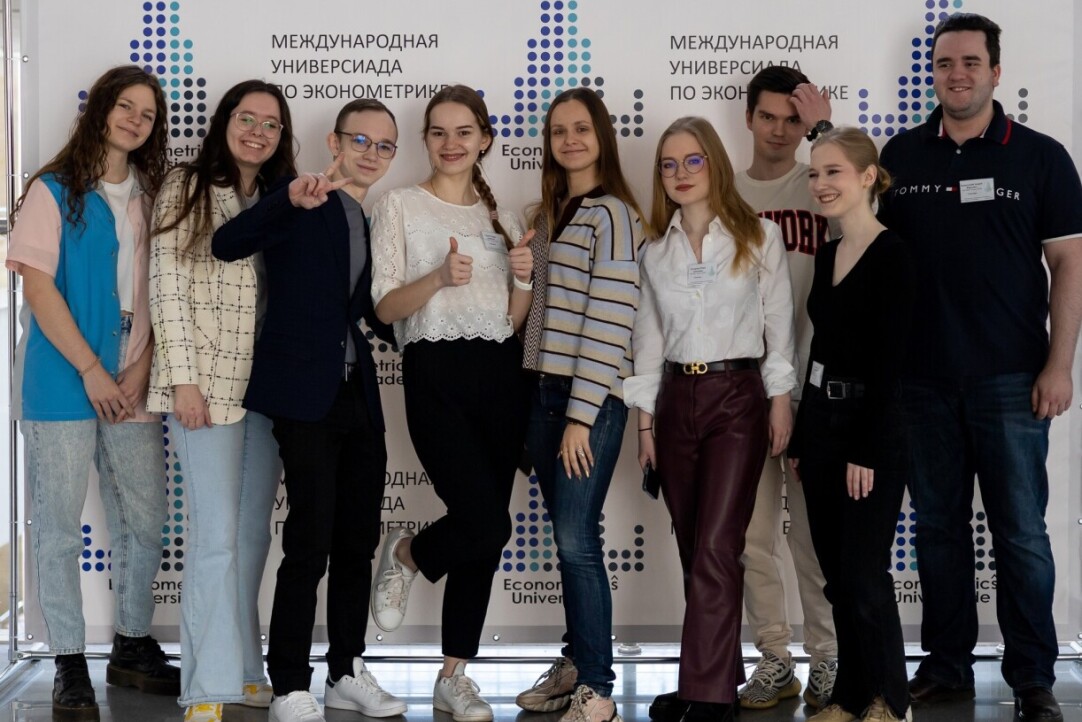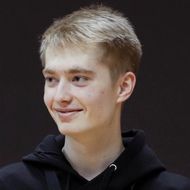Econometrics Universiade Celebrates Success of ICEF Students

The Econometrics Universiade-2023 has announced its results. This year the contest resumed in-person operation after having been held online for three years, and was marked by the exceptional performance of the ICEF students, its winners.
The absolute winner is 4-year student Vladimir Averin, followed by third-years Polina Atovmyan and Andrey Bakhmutsky. Vladimir reigned supreme with 85 points in the final round, 9 points higher than the second best result and 19 points higher than the third one. Prize-winning results were attained also by the Economics students of Moscow State University. For Vladimir Averin, this has been the second win in Economics Universiade after his first success in 2022.
ICEF students have been frequent winners in the Econometrics Universiade since its start in 2012, competing as individual contestants and as part of teams.
The Econometrics Universiade attracts students of top-notch schools in Moscow, St. Petersburg, Yekaterinburg, Novosibirsk, Nizhny Novgorod, Perm and other cities in Russia and near-abroad countries. Held among third- and fourth-year undergraduates, its top places often go to third-year students pursuing ICEF’s International Programme in Economics and Finance. The contest grants its winners fast-track admission to some of the best master’s programmes in the country and in 2023 has joined the family of Lomonosov Academic Contests.
Vladimir Averin, 4-year student, ICEF, absolute winner in the Econometrics Universiade

At ICEF, we start to learn Econometrics in our third year. I heard the news about the upcoming Universiade and decided to compete. I was curious to test my knowledge of Econometrics, data analysis and statistics, and to compete with other students. There are many different hackathons that test your knowledge of data science and programming skills, but very few that require in-depth knowledge of the theory. The Econometrics Universiade is special in this sense. Even though data science and econometrics are two related fields, but the former uses a different approach, which requires, in addition to forecasting skills, the ability to interpret computational results.